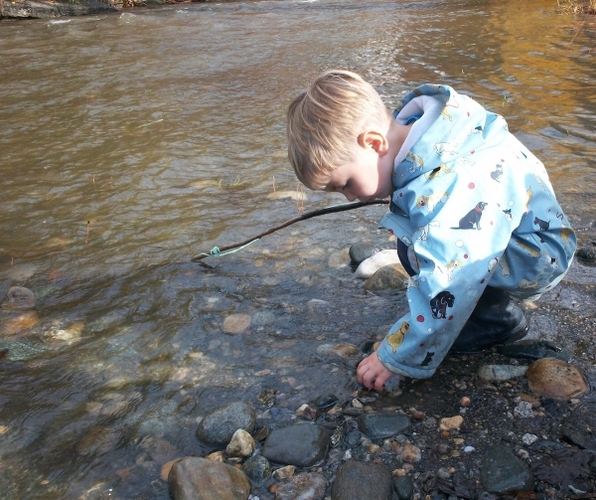BRATTLEBORO — Much attention has been given recently to the importance of the early years of a child's life.
Many articles have cited statistics: 80 percent of a child's brain is developed by age 3 and 90 percent by age 5. Optimal brain development leads to children being more prepared for school and work and having better mental and physical health, even as an adult.
Research demonstrates a 7-to-10-percent return on investment for every dollar spent. This fact helps to explain the great focus on making sure that every child has access to high-quality preschool education, including the newly passed Vermont bill, which provides 10 hours a week of preschool to every 3- and 4-year-old.
The return on investment - quantified in the Perry Preschool Project - is based on an intervention that included both high-quality preschool and family education in the form of a weekly home visit from the teacher.
So, while early education supports optimal child development, we cannot separate the development of young children from the context of their families. It makes sense that including families in the process of child development improves outcomes.
* * *
Families have the most significant influence on how their child develops in these early years. Adults who understand how their children learn and grow, and who know what is important for them to be successful, will be able to provide the strong foundation from which children can thrive.
We sometimes find when some families worry about housing, having enough food, being able to pay for heat and electricity, and other challenges in meeting basic needs, they're unable to even consider nurturing their child's development. Even if they can meet these basic needs, mental health and substance abuse might be present.
Children are shaped by the environment in which they live, and the safety and stability of that environment is created by their families and other adult caregivers.
When children don't know when their next meal will be or they witness domestic verbal or physical violence, they won't have what they need to develop as well as possible.
An environment that nurtures a child's development gives the necessary strong foundation to succeed. Adults need the resources, knowledge, and skills to create such an environment.
* * *
If we are to ultimately make a difference for children in our communities, it's essential for the range of services available to families to include support for child development in the context of family development.
Family development is not about “throwing services” at families in need. It is about helping families recognize what is important about the earliest years of their child's life, and supporting their development as parents.
This help might include working on everything from stabilizing a family's housing situation to making sure they have access to health care to providing resources and information to help them raise their children. Some families might need intensive support through case management, while others might simply need a list of resources.
This does not mean it is the job of the pediatrician to help families find housing or of the early education teacher to provide food. Rather, it means that everyone who works with young children and their families must understand how family situations impact child development and that they can work together to best support that child and family's growth.
* * *
Unfortunately, no single entity can ensure that children and families get what they need to survive and thrive, so everyone must work together.
For example, Children's Integrated Services combines the expertise of multiple service providers. The Building Bright Futures Council provides a forum for a range of community members, from healthcare providers to business leaders, to work together on issues of mutual interest.
Using the Governor's Early Childhood Action Plan and the Race to the Top Early Learning Challenge grant, we have a golden opportunity in Vermont to fully develop a more comprehensive and coordinated system of care for our youngest citizens and their families.
